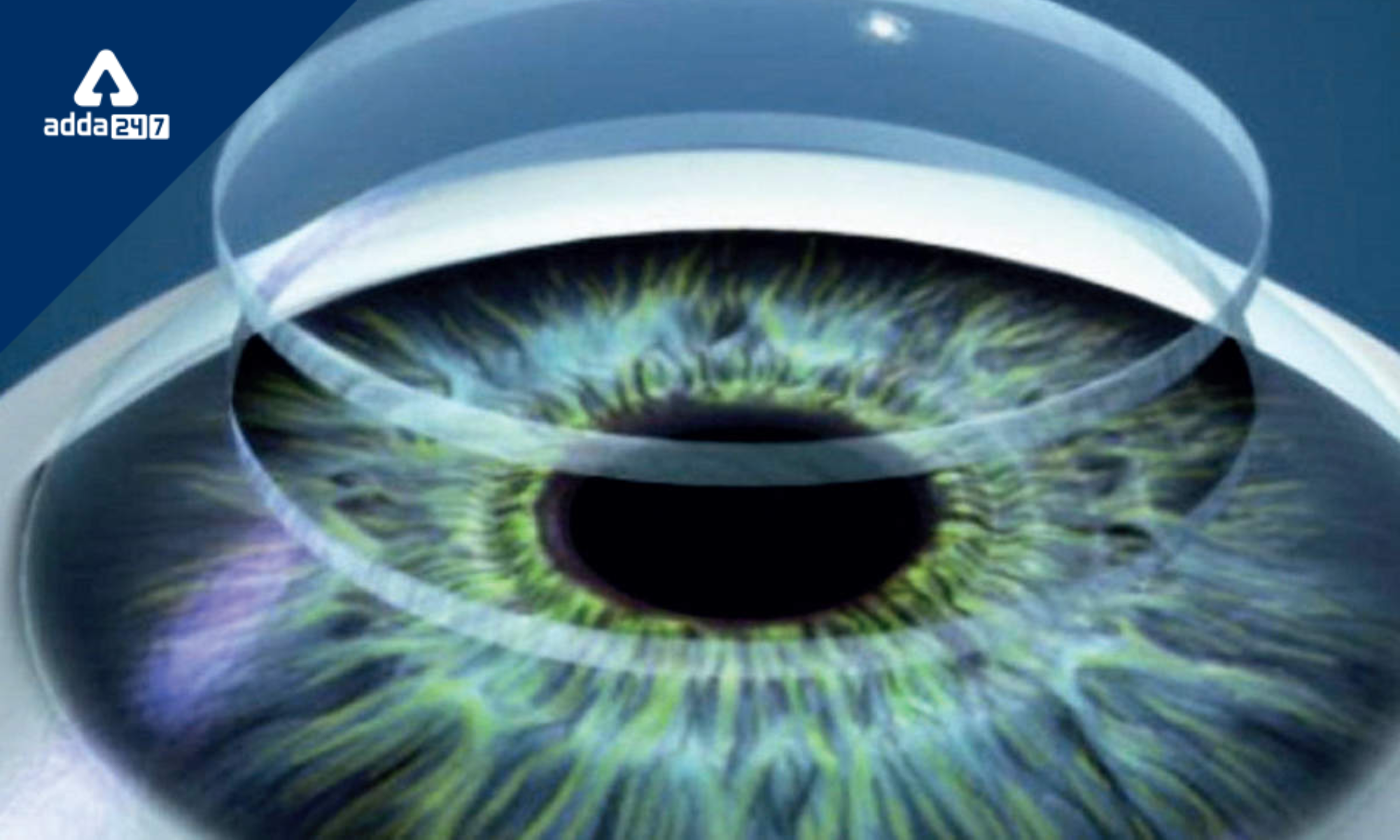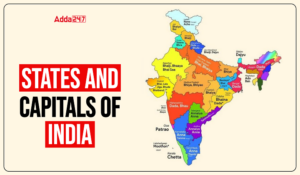Researchers in Hyderabad have successfully 3D-printed an artificial cornea (3D-printed Human Cornea) and placed it in a rabbit eye for the first time ever in India. A 3D-printed Human cornea made from human donor corneal tissue has been created by researchers from the L V Prasad Eye Institute (LVPEI), Indian Institute of Technology-Hyderabad (IIT-H), and the Centre for Cellular and Molecular Biology (CCMB).
3D-printed Human Cornea: Key points
- The product (3D-printed Human Cornea) was created locally with support from the government and philanthropic organisations; it is entirely natural, free of synthetic ingredients, and safe for patients to use.
- In order to create a special biomimetic hydrogel (patent pending), the researchers from LVPEI, IITH, and CCMB employed decellularized corneal tissue matrix and stem cells generated from human eyes.
- This hydrogel served as the foundation material for the 3D-printed Human Cornea.
- The 3D-printed Human Cornea is biocompatible, natural, and free of animal byproducts because it is made of components derived from human corneal tissue.
3D-printed Human Cornea: Researchers and Funding
Leading researchers from LVPEI, Dr. Sayan Basu and Dr. Vivek Singh, stated that 3D-printed human cornea might be a game-changing and revolutionary innovation in the treatment of conditions including Keratoconus and corneal scarring.
The Department of Biotechnology provided funding for 3D-printed human cornea study, and the Sree Padmavathi Venkateswara Foundation in Vijayawada will provide funding for the translational work necessary for patient clinical trials.




 States and Capitals - How Many States in...
States and Capitals - How Many States in...
 South Africa Clinches Maiden ICC World T...
South Africa Clinches Maiden ICC World T...
 World Test Championship Winners List (20...
World Test Championship Winners List (20...

